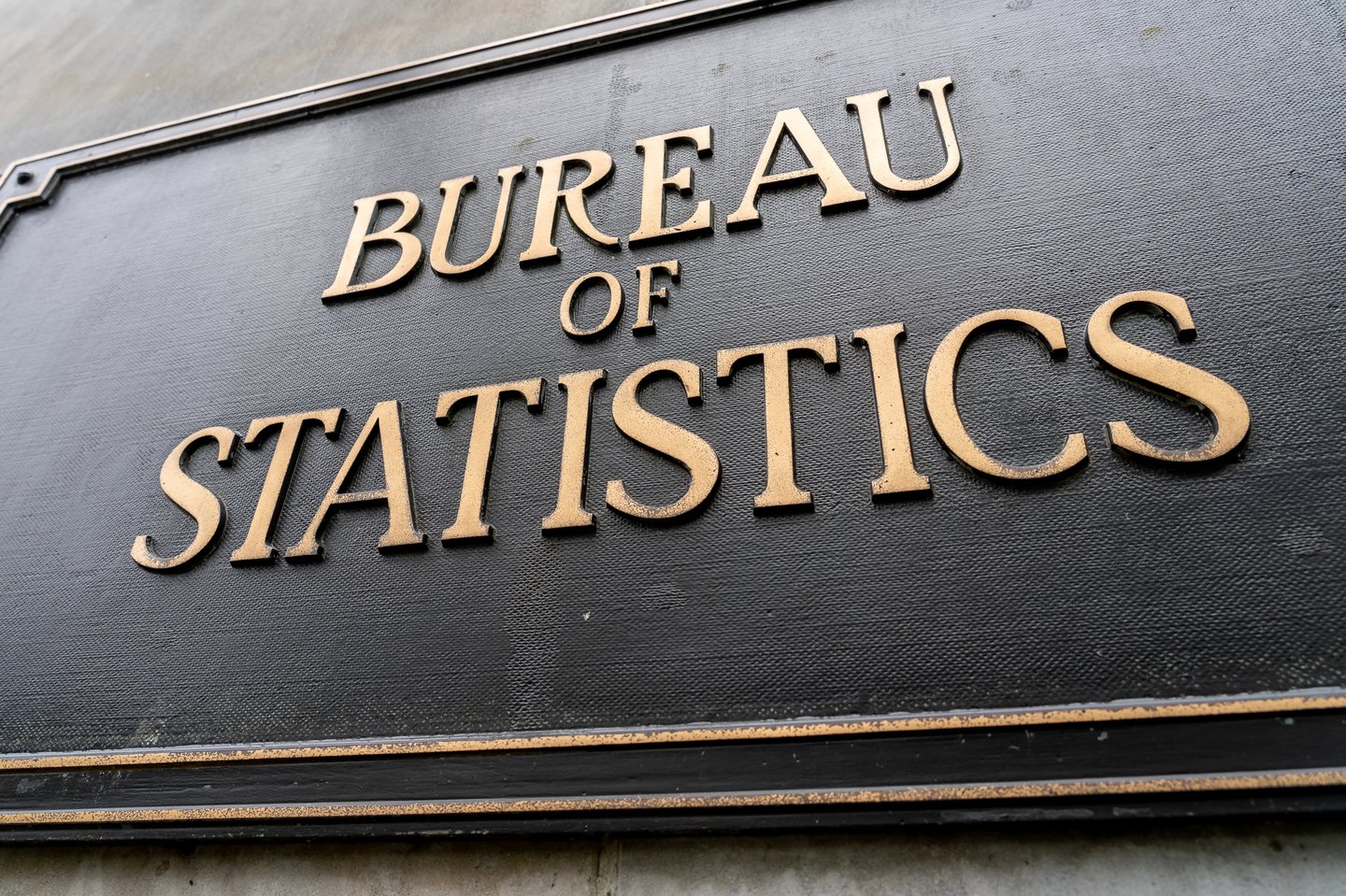Inflation ticks back up to 1.9% in January after rise in gas prices
Canada's annual inflation rate ticked back up in January to 1.9%, Statistics Canada reported on Tuesday (Feb. 18).
Prices got a full month-long effect of the federal government’s tax break but a spike in gas prices to start the year offset the government’s relief, with underlying inflation accelerating.
The agency reported prices at the pump jumped 8.6% year-over-year, in large part because of a 25.9% spike in Manitoba, with the province reintroducing its provincial gas tax after a temporary suspension through 2024.
Meanwhile, natural gas prices rose 4.8% annually in January, with an increase in demand pushing prices higher in Ontario and Quebec from an oversupply a year ago, Statistics Canada said.
"The GST holiday meant that headline inflation remained below the 2% target in January, but there is clear evidence that underlying inflation pressures are building," said Stephen Brown, deputy chief North America economist at Capital Economics, in a note to clients.
READ: How the GST holiday distorted Canada's food inflation story
"That suggests the Bank of Canada is getting close to the end of its loosening cycle, although the outlook for monetary policy ultimately hinges on whether President (Donald) Trump soon imposes stiff tariffs on imports from Canada."
The Bank of Canada has brought its benchmark rate down to 3%, with its latest cut being in January.
Restaurant food prices declined a record 5.1%t from a year ago, thanks to the tax break, while alcohol prices dropped 3.6%from the same time last year. The temporary break, however, ended over the weekend.
Without the tax break, Statistics Canada said the annual inflation rate would have accelerated to 2.7%, up from 2.3% in December.
The annual inflation rate continues to face upward pressure from mortgage interest costs, increasing at a rate of 10.2% from a year ago, though this is the 17th consecutive month of deceleration after a peak of 30.9% in August 2023.
With an increasing share of inflation components rising faster than 3% in January, Royce Mendes, managing director and head of macro strategy at Desjardins, said he's sticking with his belief that the central bank will hold rates steady when it meets again in March, "but that call is still contingent on tariff news and upcoming data releases co-operating."



